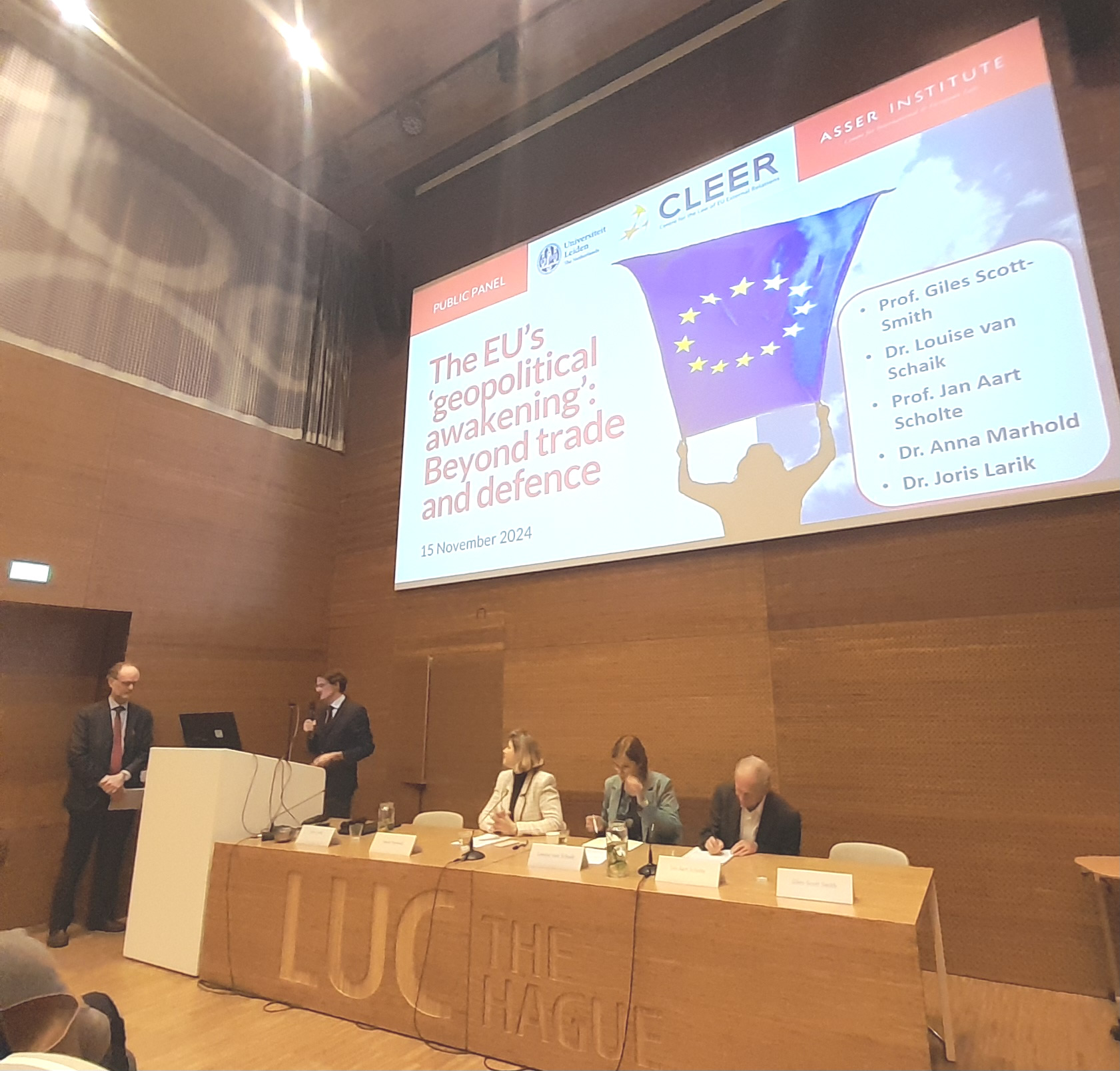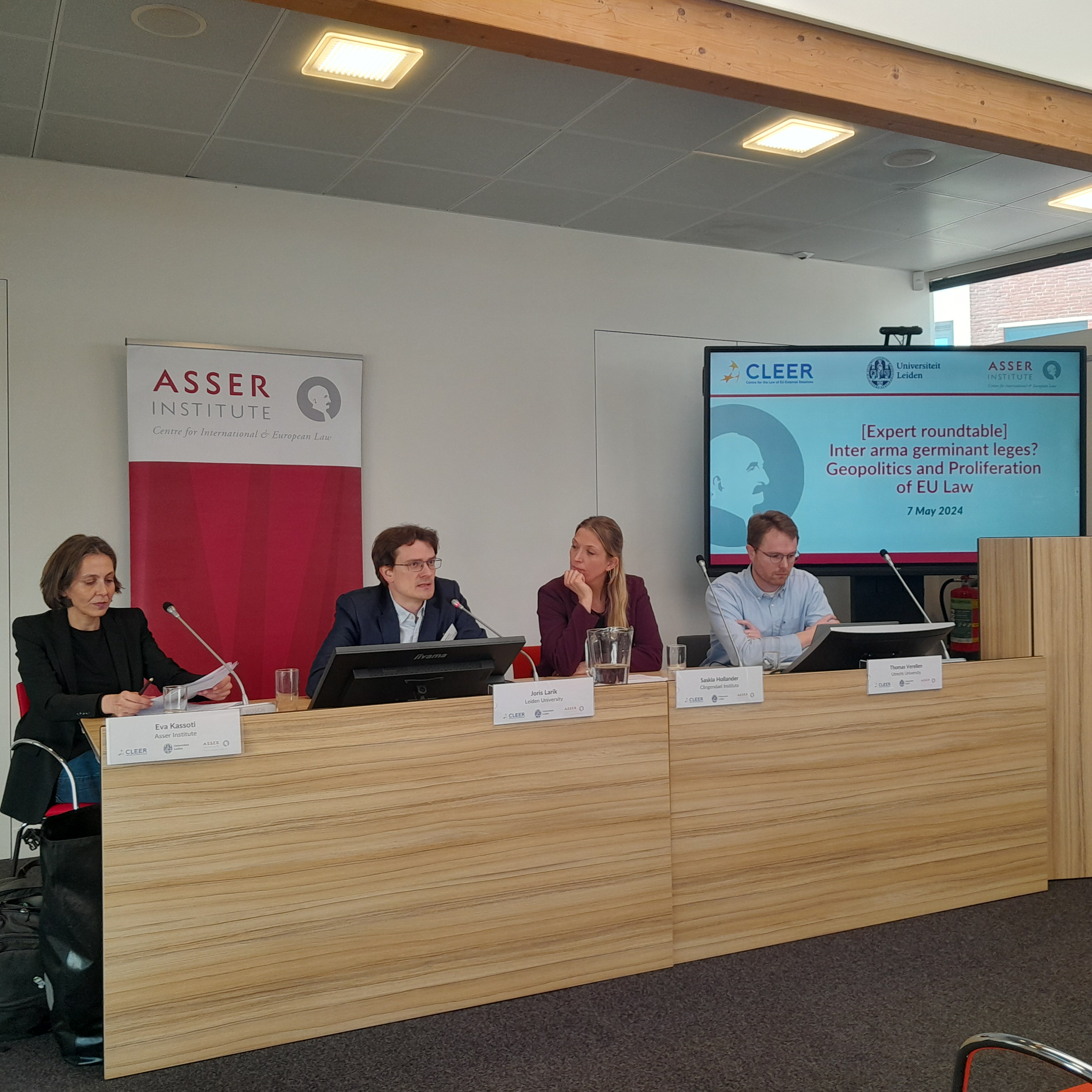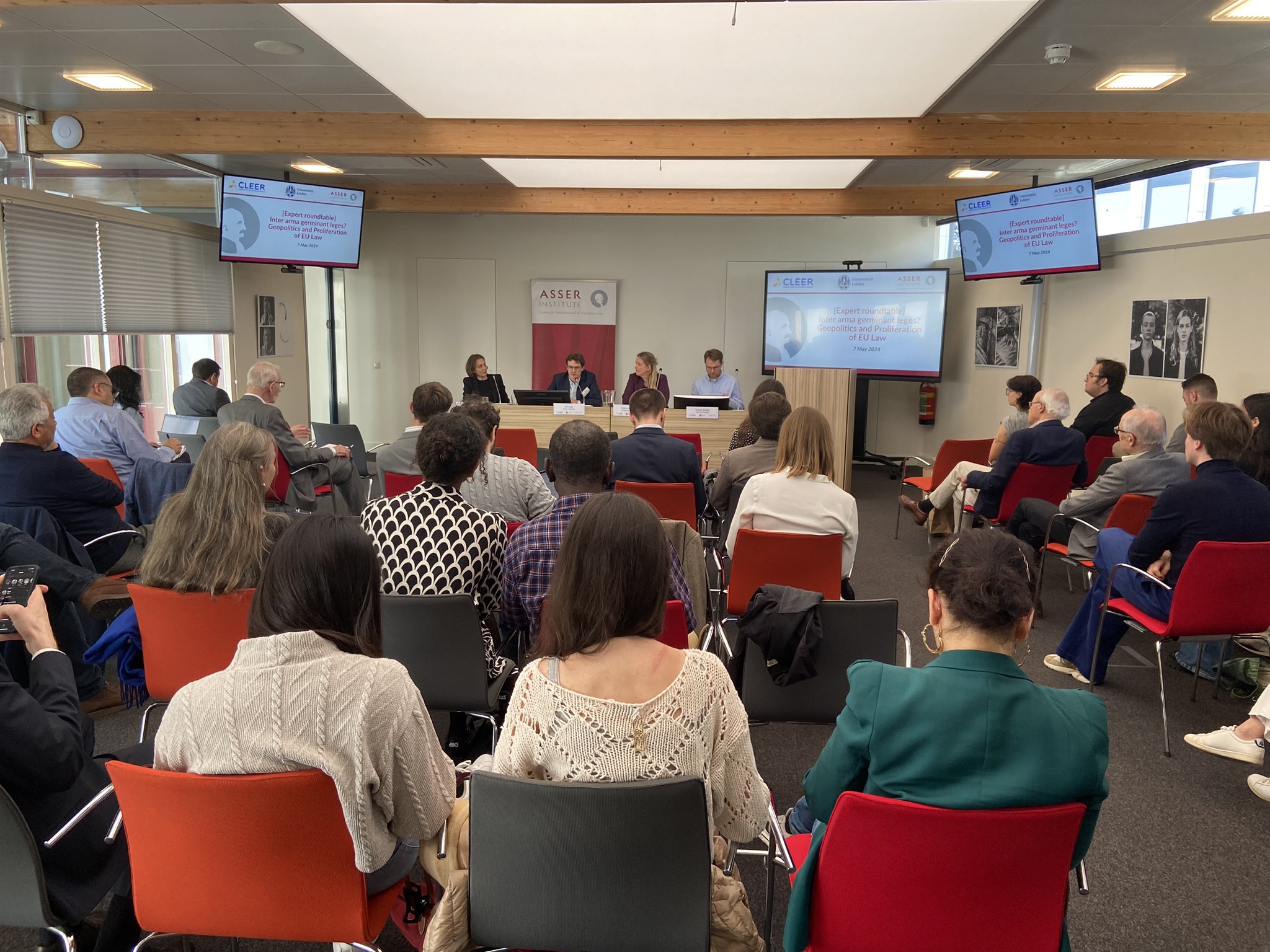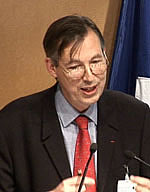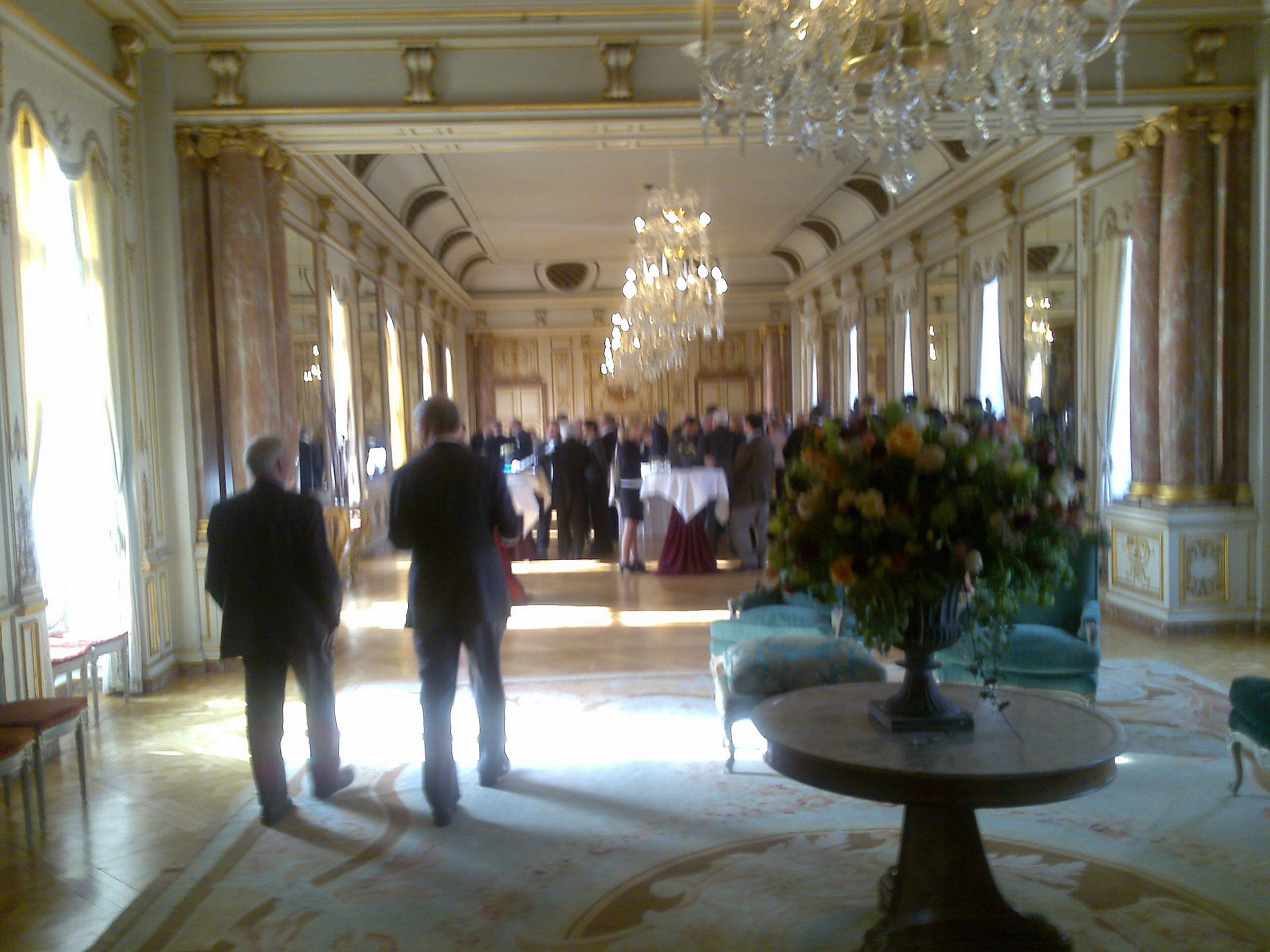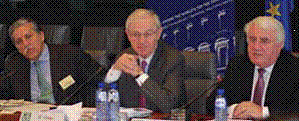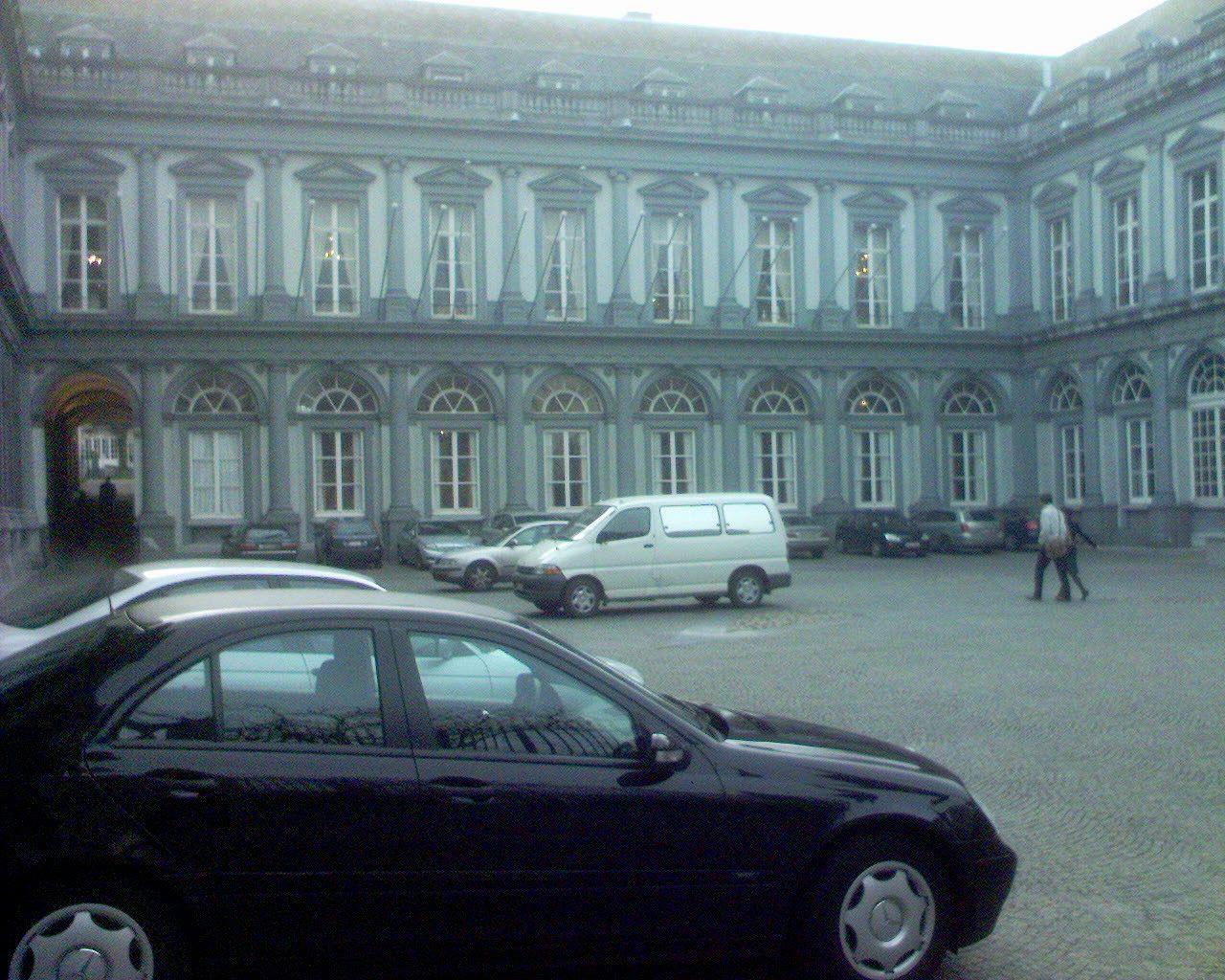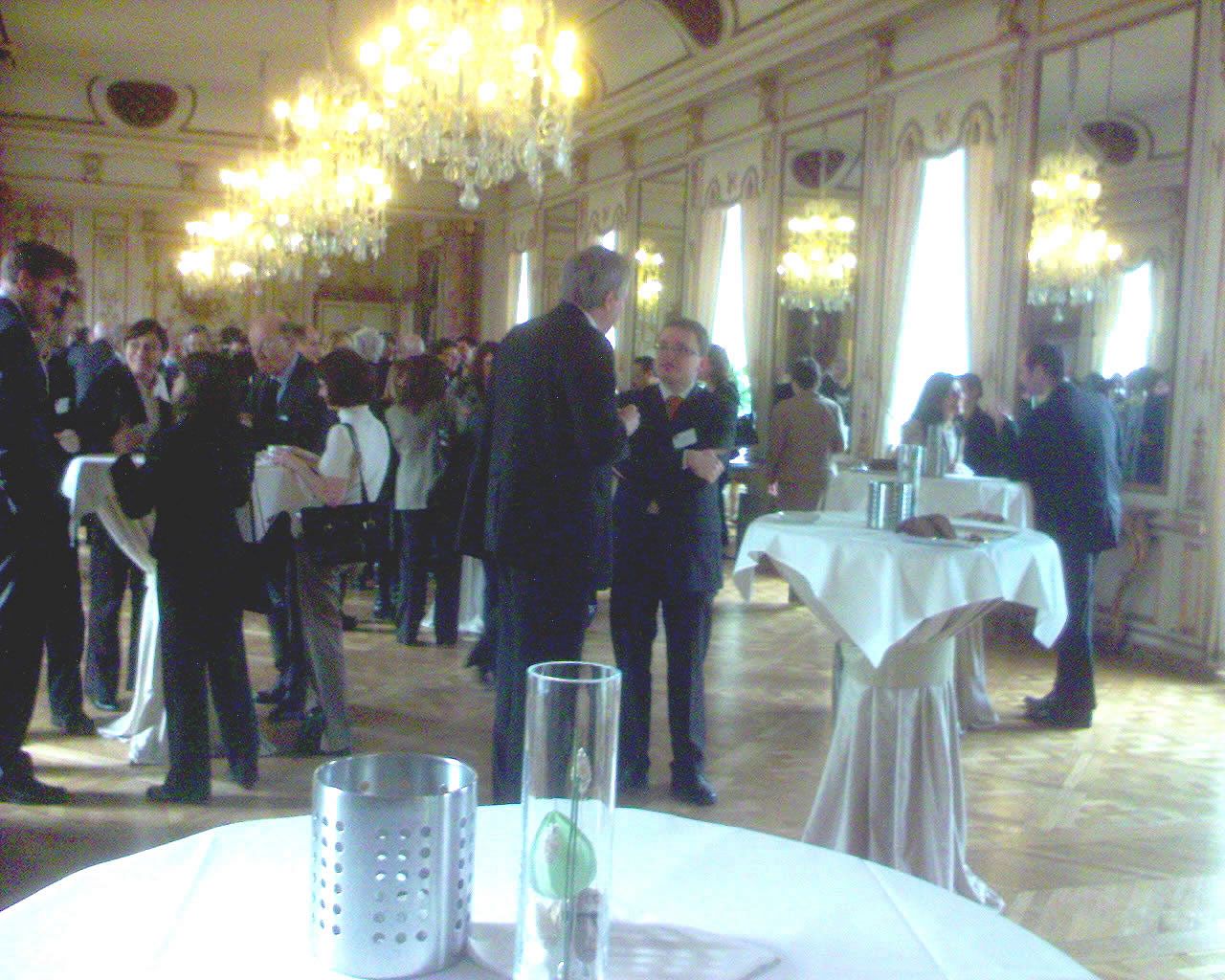| EU's global role in a changing world |
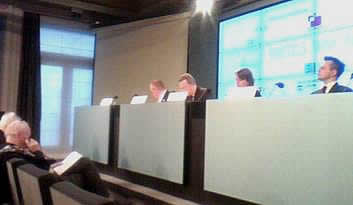 |
April 2013 the 4th Brussels Think Tank Dialogue was held. The panel that addressed the EU's global role in a changing world, brought forward the – still unfolding – repercussions of the crisis on EU foreign policy and its role in world by providing a sober impact assessment that goes beyond the alarmist ‘narratives’ of foreign policy ‘renationalization’, global resource competition and decreasing global relevance and challenged questions as 'What is Europe’s role beyond the crisis?
What are the continuities rather than the fractures in EU foreign policy?
What are the long-term structural assets that can serve as the starting point for a new narrative underpinning the Union’s global engagement?'
The Dialogue presented a conference paper 'After the crisis: Some thoughts on a global EU – or how to turn a crisis into regeneration'.
Good ideas sometimes spring out of crises. The European Union itself was ‘invented’ from a crisis, conceived in the rubble of the Second World War. It is less frequently recalled that the European integration project took shape at a time of great change and of redefinition of Europe’s global role. Between 1946 and the 1960s Europe lost one source of global power and influence – its empires –, independence movements and decolonisation processes put serious strains on European states, the global rise of the United States from 1917 onwards challenged Europe’s predominance and the American influence over Europe was made concrete through the Marshall Plan.
According to A. Moravcsik, the EU is best understood as one level in a complex multi-level decision making system with no correspondence between procedural equity, equal influence, fair policy outputs, responsiveness to the median voter, and normatively justified governance and by presence of narrow substansive range, modest budgetary resources, lack of coercive force, miniscule bureaucracy, constraining decision rules within a multi-level system, and far more powerful competitors, the EU is an exceptionally weak federation. Inter alia, this leads to policies aimed at national interests and the idea of not wanting to cede sovereignty. That does not make it easy to be a global actor that:
- might be able to prevent that Russia, China and the USA would drive Europe apart;
- can ensure that trade and investments grow;
- should include a renewed security strategy;
- should provide pooling and sharing of diplomatic capacity.
Although it does not mean that Europe together can do nothing without being a global actor, global acting creates and increases the possibility of single representation within international organisations as IMF, NATO and UN. However, it is not just about present compositions, but also about the future when new member-states will join, which process is not easy. Countries will have to measure up to all acquis communautaire, 'the EU as it is' – in other words, the rights and obligations that EU countries share.
The 'acquis' includes all the EU's treaties and laws, declarations and resolutions, international agreements on EU affairs and the judgments given by the Court of Justice. It also includes action that EU governments take together in the area of 'justice and home affairs' and on the Common Foreign and Security Policy. 'Accepting the acquis' therefore means taking the EU as you find it. |
|
|
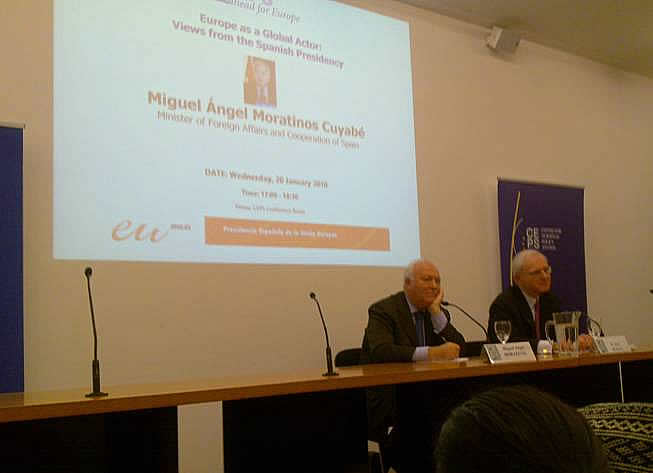 |
20 January 2010 CEPS evening debate on 'Europe as a Global Actor:
Views from the Spanish Presidency. Speaker:
Miguel Ángel Moratinos Cuyabé, Minister of Foreign Affairs and Coopration of Spain,
Chair
H. Onno Ruding.
A NEW MOMENTUM
The event by the Spanish presidency was one of the first presentations in Brussels. After the implementation of the Lisbon Treaty this is a new situation to create new balances and to indicate important items for the priorities.
|
The treaty took effect in December, ushering in a host of changes to help the EU take decisions efficiently and play a prominent role in international affairs. Spain will seek to srengthen the EU's role as a global player, working closely with the new EU president to project European unity and help the bloc speak with one voice.
There is stronger policy and cooperation (on climate change, economy, enlargement, people security, .....). The main priorities of the Spanish presidency will focus on the future of Europe (including implementing of the Lisbon Treaty), economy (unity), Middle East and Latin America.
The implementation of the Treaty is working well till now. Every day and week it is going better and better. The EU's new institutional framework gave it the institutions, personalities and mechanisms to speak with a united voice in which both national and European interests will be presented.
After WW-II Schuman and Monnet started the inspiring thought to integrate Europe for the benefit of the citizens. Integration became a kind of obsession. Main direction became to act common on global issues and policies were more and more focussed on economic cooperation.
Due to the past, colonial ties are present, for instance Latin America and Africa. But foreign policy was not that important for a long time. However, it changed and the EU had to change. To speak with one voice, due to ensure energy, economic level, people security, migration (by economic disaster in Africa) and so on affects also foreign policy.
The new CFSP is therefore important and became by ratifying of the Lisbon Treaty a new institution, personality with European diplomats.
Spain also will be involved in setting up the EU foreign ministery and diplomatic corps (or éxternal action servive') headed by the high representative.
Answers are still there, but now it is in front how to answer with common voice policy. Many missions (20) in European interest are on the agenda. A common foreign policy is neccesary to anticipate better on the changing world of today.
It appeared that Europe is becoming stronger and better in the EU area, not fast, but consistent. Furthermore, not only relations with USA and EU are concrete on the agenda, but also China, Russia, Turkey and further neigbourhood. Anyway, Europe is one big single market. How to help the poor countries. |
How about the parties in the Middle East (progress is quite close, also thanks to American efforts). Russian cooperation has to be settled (energy, but also in other directions). Africa is a neighbour and did not appear on the agenda for a long time. But how to go there? With empty hands? European marshall hulp? Latin America has about a same history and principles. Till now there were no relations with the EU. |
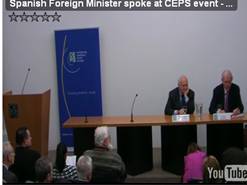 |
The process of European integration is going further, in spite of defending national interests. Looking to Oekraine, there is for example a great opportunity to bring Russia as an important international actor and the EU more together. On longer term, there could grow closer cooperation in the European area. (´A Europe from Georgia to Spain to give answers towards China and India, ......).
Now it is a new momentum.
Also the situation on the Western Balkans was discussed. 3 Objectives are important. What has happened, migration, building policies and institutions. The treaty requires the EU-presidency to work closely with the next two countries to hold the office - in Spain's case, Belgium and Hungary. The practical outcome of this 'trio of presidencies' is a joint 18-month programme.
'SBH' trojka agenda has been approved by the Council. Spain is helping to push up Belgium and Hungary.
Conclusion:
There should not be a contradiction between national and EU interests. Can Europe be a global actor? There are instruments. It is about the political will (to negotiate) and the importance of parlementary diplomacy. Why are we not able yet? We have the framework and institutions. We are a smart and soft power, but ´needs Europe a regime now´? Our compacity is sometimes soft and sometimes tough.
What is foreign policy? What are we defending on the right moment and the right time? More pressure and sanctions are mostly not the solution on challenges. |
Despite the hopes raised by the most recent Treaties, the Lisbon Treaty in particular, the European Union has been unable to strengthen, let alone develop its role on the international stage. A couple of weeks away from the European Parliament elections, we need to ask ourselves what can reasonably be done by the upcoming Parliament 2009 to ensure that significant progress is made with respect to the EU’s foreign policy. Some of this progress could result from the implementation of the European Security Strategy or originate from the role and initiatives of the High Representative/Vice-president of the Commission. In addition, rethinking specific approaches could allow for significant improvements in key areas such as the EU’s dealings with neighbouring countries, its commercial relationship with the US, its energy security or its common security and defence policy.
|
|
